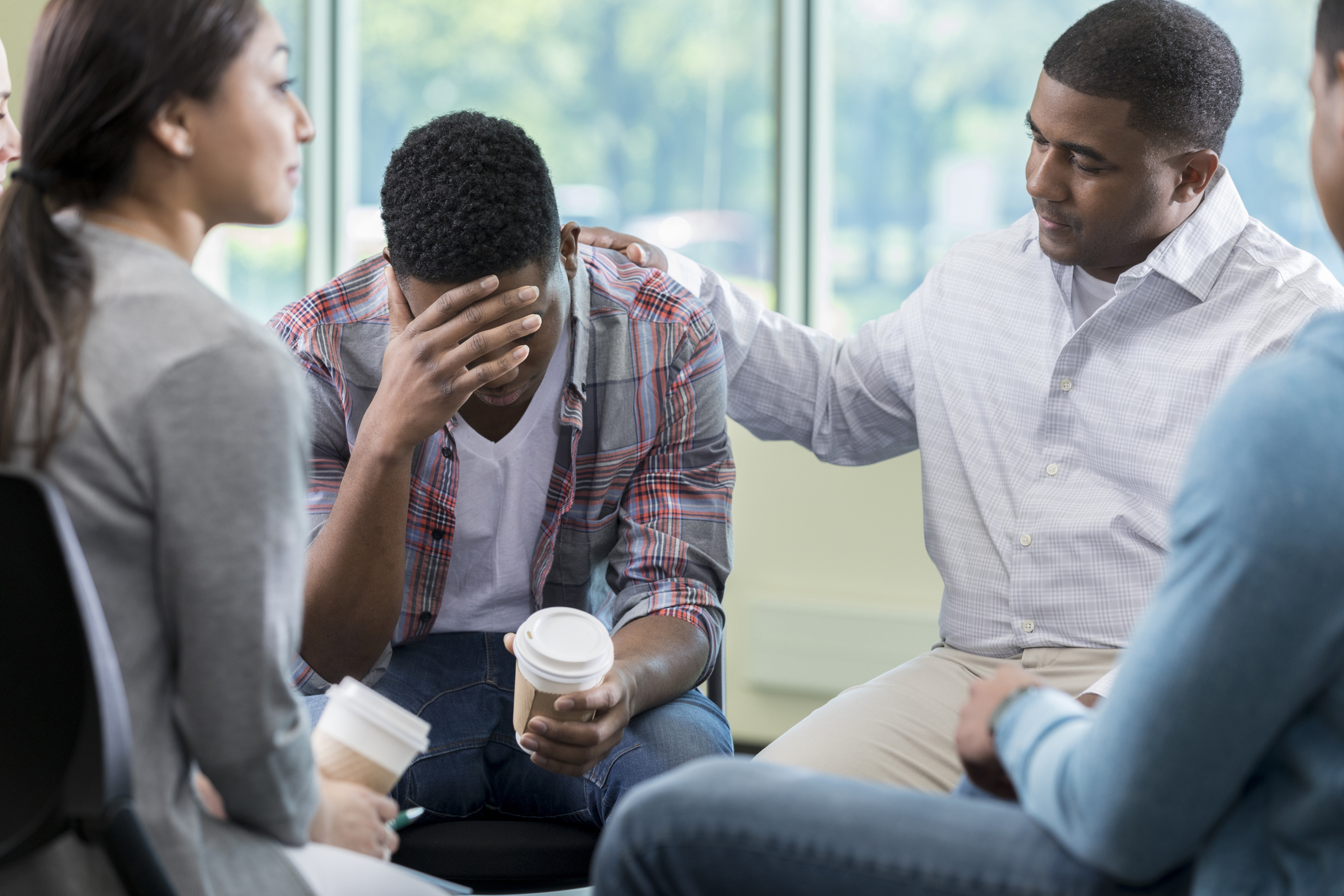A traumatic event can affect you emotionally and physically
A traumatic event is a shocking, scary, or dangerous experience that can affect someone emotionally and physically. Experiences like natural disasters (such as hurricanes, earthquakes, and floods), acts of violence (such as assault, abuse, terrorist attacks, war, and mass shootings), as well as car crashes and other accidents can all be traumatic. Researchers are investigating the factors that help people cope or that increase their risk for other physical or mental health problems following a traumatic event.
Warning Signs
Responses to trauma can be immediate or delayed, brief or prolonged. Most people have intense responses immediately following, and often for several weeks or months after a traumatic event. These responses can include:
- Feeling anxious, sad, or angry
- Trouble concentrating and sleeping
- Continually thinking about what happened
For most people, these are normal and expected responses and generally lessen with time.
In some cases, these responses continue for a longer period of time and interfere with everyday life. If they are interfering with daily life or are not getting better over time, it is important to seek professional help. Some signs that an individual may need help include:
- Worrying a lot or feeling very anxious, sad, or fearful
- Crying often
- Having trouble thinking clearly
- Having frightening thoughts or flashbacks, reliving the experience
- Feeling angry, resentful, or irritable
- Having nightmares or difficulty sleeping
- Avoiding places or people that bring back disturbing memories and responses.
- Becoming isolated from family and friends
Children and teens can have different reactions to trauma than those of adults. Symptoms sometimes seen in very young children (less than six years old) can include:
- Wetting the bed after having learned to use the toilet
- Forgetting how to or being unable to talk
- Acting out the scary event during playtime
- Being unusually clingy with a parent or other adult
Older children and teens are more likely to show symptoms similar to those seen in adults. They may also develop disruptive, disrespectful, or destructive behaviors. Older children and teens may feel guilty for not preventing injury or death. They may also have thoughts of revenge.
Physical responses to trauma may also mean that an individual needs help. Physical symptoms may include:
- Headaches
- Stomach pain and digestive issues
- Feeling tired
- Racing heart and sweating
- Being very jumpy and easily startled
Individuals who have a mental health condition or who have had traumatic experiences in the past, who face ongoing stress, or who lack support from friends and family may be more likely to develop more severe symptoms and need additional help. Some people turn to alcohol or other drugs to cope with their symptoms. Although substance use may seem to relieve symptoms temporarily, it can also lead to new problems and get in the way of recovery.
Ways to Cope
Healthy ways of coping in this time period include:
- Avoiding alcohol and other drugs;
- Spending time with loved ones and trusted friends who are supportive; and
- Trying to maintain normal routines for meals, exercise, and sleep.
In general, staying active is a good way to cope with stressful feelings.
Learn More
Free Brochures
- Helping Children and Adolescents Cope with Disasters and Other Traumatic Events: What Parents, Rescue Workers, and the Community Can Do: This brochure describes common reactions to trauma and what parents, rescue workers, and the community can do to help children and adolescents cope with disasters and other traumatic events. Also available en Español.
- Post-Traumatic Stress Disorder: This brochure focuses on post-traumatic stress disorder (PTSD), a disorder that some people develop after experiencing a shocking, scary, or dangerous event. It explains signs and symptoms in children and adults, risk factors, treatment options, and next steps for PTSD research. Also available en Español.


